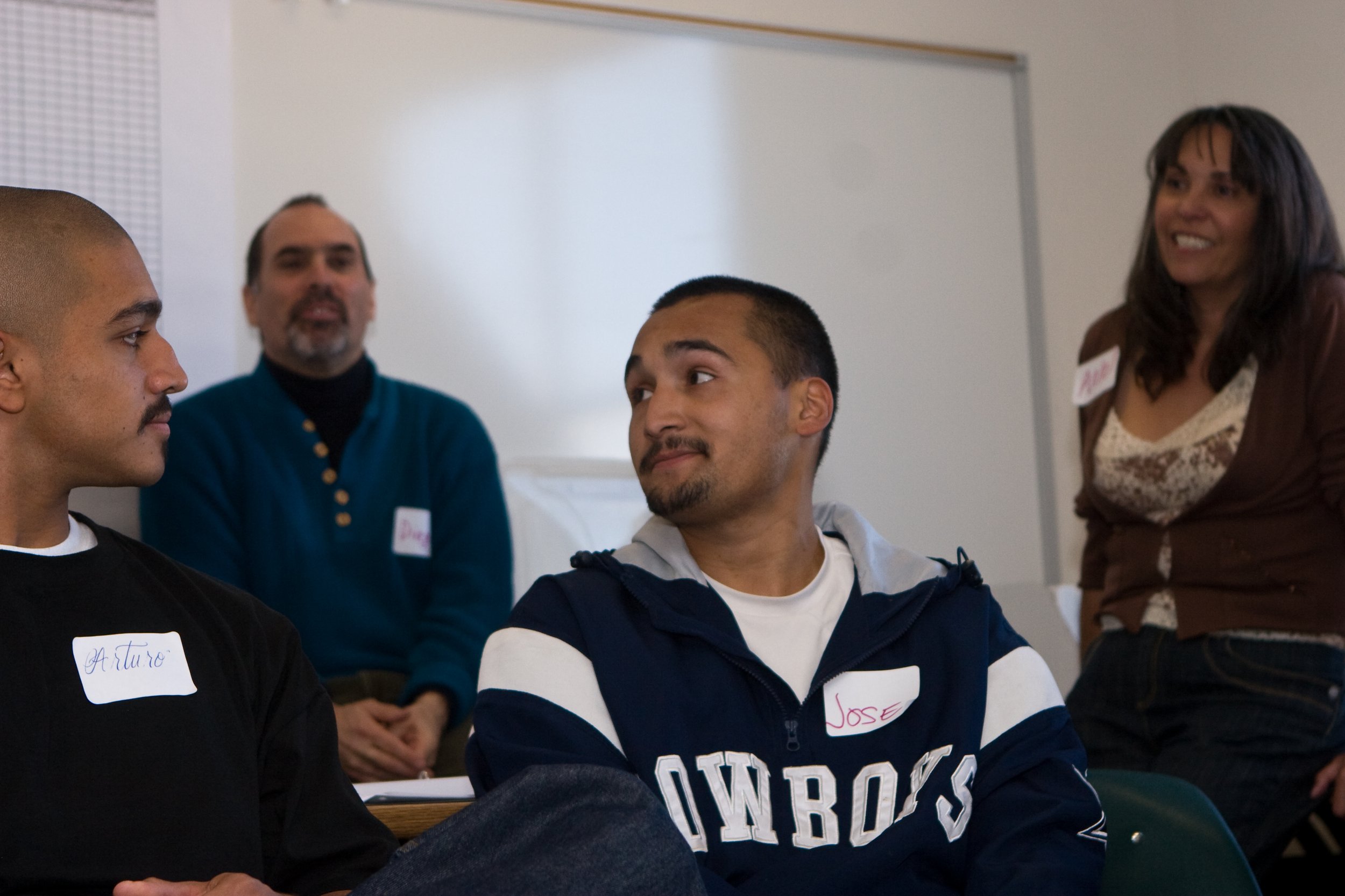Use Affective / Non-Cognitive / Mindset Approaches
Affective / Non-Cognitive approaches fall into two general categories. Some are interventions designed to target a particular mindset, challenge, or skill set; these interventions tend to be focused on improving particular metrics like grades, completing courses or disciplinary record. Their focus is to help students improve in their coursework and complete their classes. Another subset of programs takes a holistic, intensive approach and focuses on developing a suite of mindsets and behaviors that will serve students in all aspects of their lives over the long term as leaders. These programs often focus in particular on the skills needed to excel in professional environments and help students become promotion-ready. There is growing awareness that a focus on social, emotional, and affective dimensions of development promotes student success, and this has driven the creation of new programs and practices that aim to instill a range of skills and behaviors in students.
Leadership Activities versus Interventions Aimed at Retention
Students are best equipped to succeed in the workplace if they receive training related to professional and personal skills as part of their education. These skills tend to be divided into two dimensions - knowledge and mindsets (which can be taught or encouraged) and behaviors (which require students to put their new knowledge into practice). Project-based learning emerges as an important method by which students can develop self-awareness and self-regulation as well as enhanced social skills and leadership ability. Project-based learning can also help students develop approaches to learning and work that will serve them well in the future.
While holistic programs that focus on the development of personal and professional skills are particularly relevant to career preparedness, they also support students’ performance in a higher education setting. Many professional skills, such as time management, communication, leadership, and attention to detail, are transferable to academic contexts, and they can help adult learners manage their many obligations in addition to work and school. Programming that assesses skill development, addresses students’ career ambitions and interests, and develops skills in context also motivates students to participate and excel in order to meet their goals.There are two approaches to affective learning for adults with distinctly different goals: one approach focuses on providing faculty with classroom activities so the students complete their classes or increase their grades; and the second approach has a broader goal which is the development of leadership skills required for being an effective professional.
These two approaches are based on different theories (the former based in psychological theory, the other based in sociological theory).
These approaches are applied in courses in distinctly different ways: the former provides short exercises that can be incorporated into existing courses so that the student will successfully complete the course; the other immerses the student in coherent affective experiences which develop their leadership skills).
